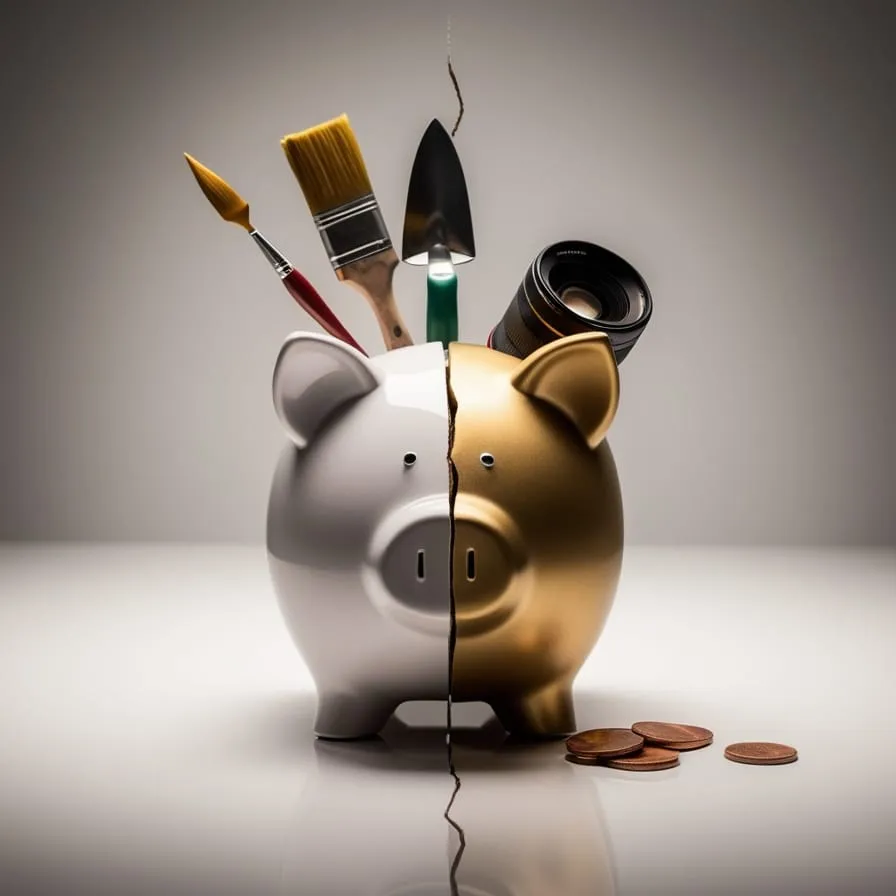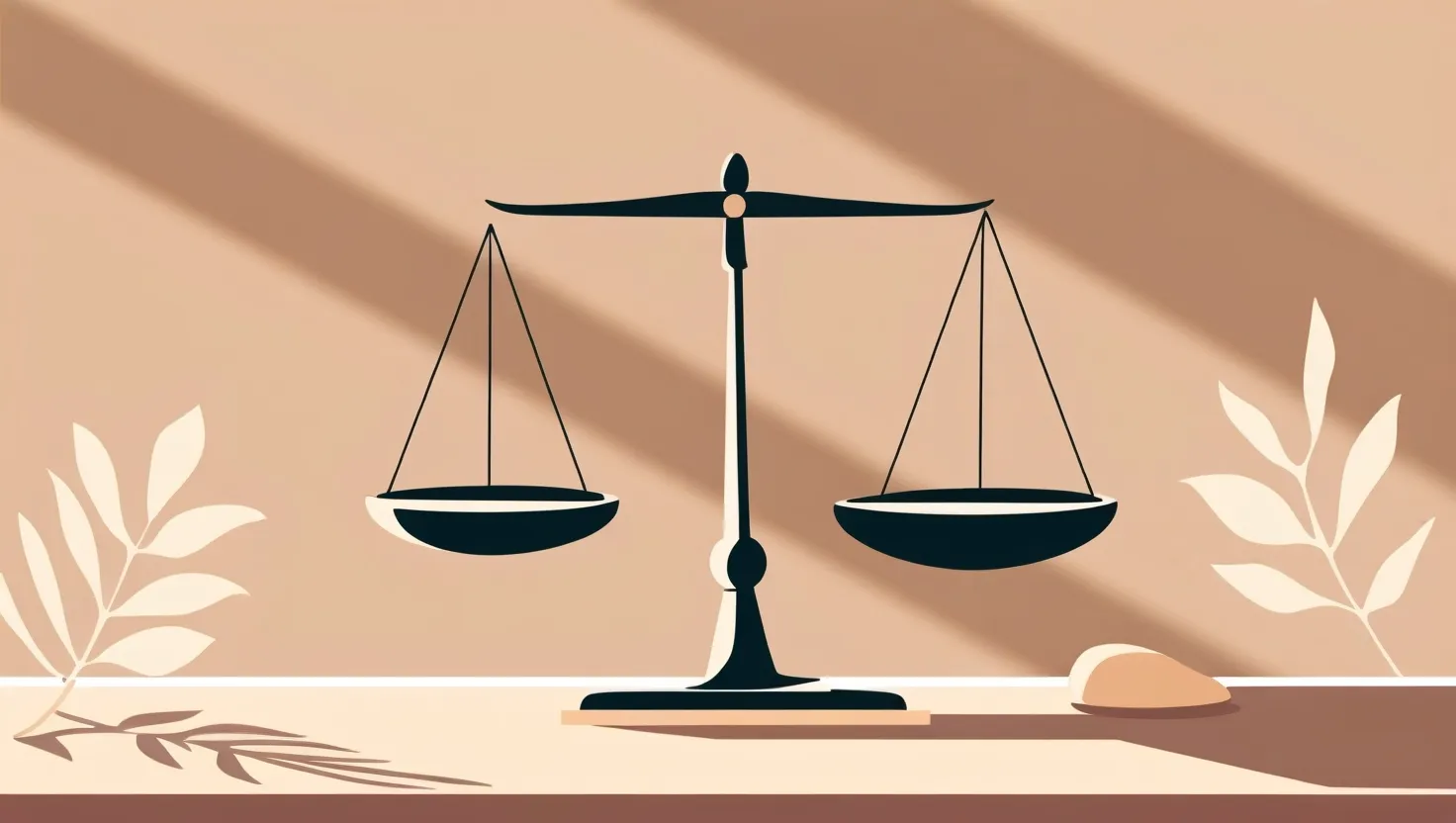Discover How Your Favorite Pastimes Can Boost or Bust Your Budget
Hobbies can be a double-edged sword when it comes to your finances. On one hand, they provide enjoyment, stress relief, and personal fulfillment that can be priceless. On the other hand, some hobbies can quickly drain your bank account if you're not careful. Let's explore how hobbies can both save and cost you money, along with some strategies to keep your pastimes budget-friendly.
Many hobbies have the potential to save you money in the long run. Take cooking, for example. Learning to prepare delicious meals at home can significantly reduce your food expenses compared to constantly eating out or ordering takeout. Not only do you save money, but you also gain valuable skills and control over the ingredients in your food.
Gardening is another hobby that can pad your wallet. Growing your own fruits, vegetables, and herbs cuts down on grocery bills while providing fresh, organic produce right in your backyard. Plus, there's something incredibly satisfying about eating food you've grown yourself.
DIY and home improvement hobbies can lead to substantial savings. Instead of hiring professionals for every repair or renovation, you can learn to tackle projects yourself. From basic plumbing and electrical work to furniture restoration and home decor, these skills can save you thousands over time.
Fitness-related hobbies like running, hiking, or bodyweight exercises can replace expensive gym memberships. Not only do you save on monthly fees, but you also improve your health, potentially reducing medical expenses in the future.
Reading is a hobby that can be incredibly cost-effective, especially if you utilize your local library or take advantage of free e-books. It's an endless source of entertainment and education that costs little to nothing.
On the flip side, some hobbies can quickly become expensive if not managed carefully. Photography, for instance, can involve costly equipment upgrades and accessories. While it's possible to start with just a smartphone camera, many enthusiasts find themselves investing in expensive DSLR cameras, lenses, and editing software.
Collecting hobbies, whether it's stamps, coins, or vintage items, can also add up quickly. The thrill of the hunt and the desire to complete a collection can lead to significant expenditures over time.
Travel, while enriching and eye-opening, is often one of the most expensive hobbies. Between transportation, accommodation, food, and activities, the costs can skyrocket, especially for international trips.
Gaming can be another costly hobby, particularly for those who enjoy staying up-to-date with the latest consoles and releases. Between hardware, games, and online subscriptions, it's easy to spend hundreds or even thousands of dollars a year.
So how can you enjoy your hobbies without breaking the bank? The key is to find a balance and be strategic about your spending. Here are some tips to keep your hobbies affordable:
Start small and scale up gradually. Don't feel pressured to buy the most expensive equipment right away. Begin with the basics and upgrade as your skills and commitment to the hobby grow.
Look for free or low-cost alternatives. Many hobbies have budget-friendly options if you're creative. For example, instead of buying new books, use the library or swap books with friends. For fitness, use free workout videos online instead of expensive gym memberships.
Buy used or refurbished items. This is especially useful for hobbies that require equipment. You can often find gently used items at a fraction of the cost of new ones.
Take advantage of free resources. The internet is a treasure trove of free tutorials, guides, and communities for almost any hobby. Use these resources to learn and improve without spending a dime.
Set a budget and stick to it. Decide how much you're comfortable spending on your hobby each month and track your expenses to stay within that limit.
Consider hobbies that can generate income. Some pastimes, like crafting or photography, have the potential to turn into side hustles. This can help offset the costs or even turn your hobby into a profitable venture.
Join clubs or groups related to your hobby. This can provide access to shared resources, group discounts, and valuable knowledge from more experienced hobbyists.
Rent or borrow equipment instead of buying. This is particularly useful for hobbies you only engage in occasionally or when trying out something new.
Look for multi-purpose items. Choose equipment or supplies that can be used for multiple hobbies or purposes to get more bang for your buck.
Take advantage of seasonal sales and discounts. If you need to make a big purchase for your hobby, wait for sales events like Black Friday or end-of-season clearances.
Remember, the value of a hobby isn't just monetary. The joy, stress relief, and personal growth that come from pursuing your interests are invaluable. The key is to find a balance between enjoying your hobbies and maintaining financial stability.
Consider the long-term benefits of your chosen hobbies as well. A hobby that keeps you physically active, for instance, might save you money on healthcare costs in the future. Similarly, a hobby that teaches you new skills could potentially lead to career opportunities or side income.
It's also worth noting that some hobbies can actually appreciate in value over time. Collecting art, for example, if done wisely, can be both a fulfilling hobby and a form of investment. The same can be true for certain types of antiques or even some trading card games.
Ultimately, the impact of hobbies on your finances depends largely on your approach. With careful planning and a bit of creativity, you can enjoy your pastimes without straining your budget. The key is to be mindful of your spending, always looking for ways to maximize enjoyment while minimizing costs.
Remember, it's okay to splurge occasionally on things that bring you genuine happiness. Just make sure these expenses align with your overall financial goals and don't compromise your essential needs or savings plans.
In conclusion, hobbies can indeed save or cost you money, but with the right strategies, you can ensure they enrich your life without emptying your wallet. Whether you're growing your own vegetables, learning a new language, or collecting rare coins, the most important thing is that your hobby brings you joy and fulfillment. After all, that's what hobbies are all about.






